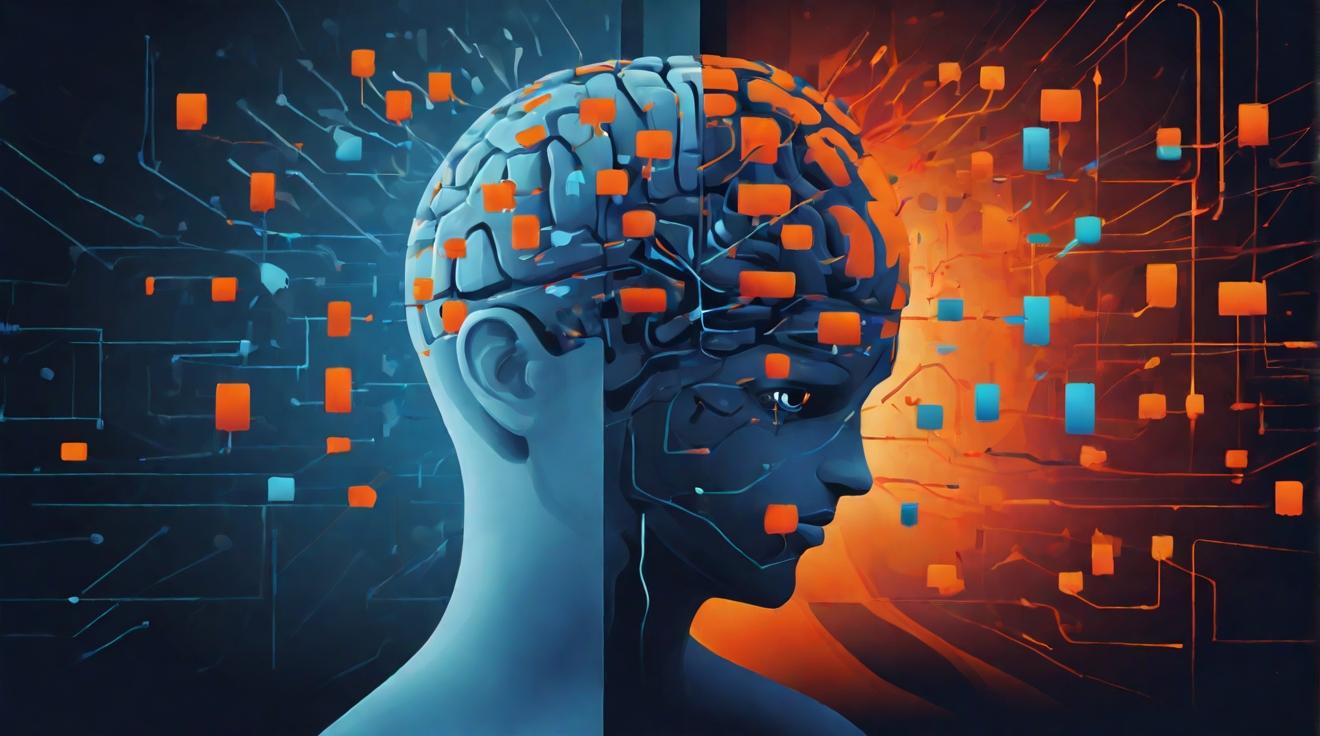Trust in AI Companies Declines Globally, Study Shows
Trust in artificial intelligence (AI) companies has seen a significant decline in the United States and across the globe, according to a recent study. Over the past five years, trust in AI companies dropped from 61% to 53% globally, with the US experiencing an even greater decline to 35%.
Interestingly, the study also revealed political differences in trust levels. Democrats showed the highest trust in AI companies at 38%, compared to Republicans at 24% and independents at 25%.
Several factors have contributed to this decline in trust. Concerns about privacy invasion, the potential devaluation of human contributions by AI, and worries about unregulated technological advancements surpassing ethical considerations were among the main factors mentioned. Surprisingly, only 19% of respondents expressed concerns regarding AI’s impact on job security.
The 2024 Edelman Trust Barometer shed light on concerns that innovation is poorly managed, with government regulation struggling to keep up with rapid technological advancements. In 28 markets, citizens expressed worries about potential impacts on employment, as well as issues related to privacy and lifestyle.
It is worth noting that the technology sector, which was once the most trusted in 90% of the countries studied by Edelman eight years ago, now only retains this position in half of those countries. This trend emphasizes the urgency for AI companies to prioritize ethical practices, transparency, and showcasing the societal benefits of AI to regain the public’s trust.
Analyst comment
Negative news. The decline in trust in AI companies globally, particularly in the US, is concerning. Factors such as privacy invasion and ethical considerations are contributing to this decline. Job security concerns are surprisingly low. It is crucial for AI companies to prioritize ethics, transparency, and emphasize the societal benefits of AI to regain public trust. This decline in trust may have a negative impact on the market, with potential decreased investments and adoption of AI technologies.













